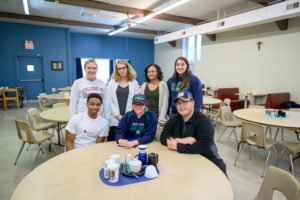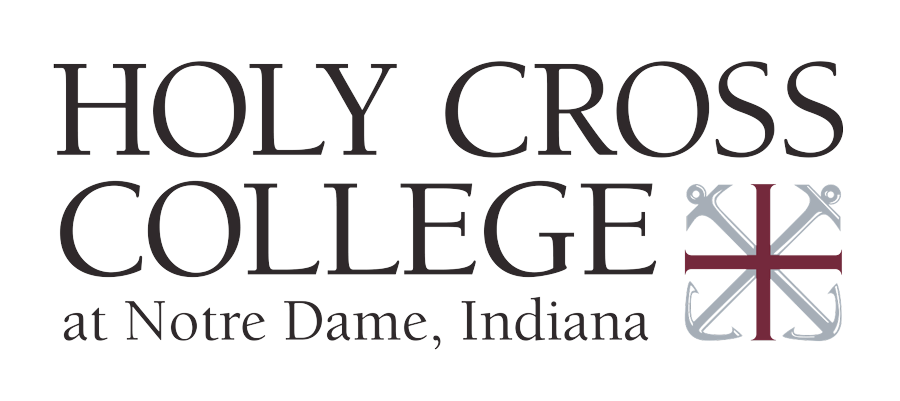“[Solidarity] is not a feeling of vague compassion or shallow distress at the misfortunes of so many people, both near and far. On the contrary, it is a firm and persevering determination to commit oneself to the common good; that is to say, to the good of all and of each individual, because we are all really responsible for all.”
~ Pope Saint John Paul II, On Social Concern, 38.
 IDST 250: The Common Good Practicum and Seminar is one of the core classes at Holy Cross. In this community-engagement course, students develop practices to contribute to building a just society and what Pope Francis calls a “culture of encounter.” This course combines academic and reflective components to enable students to explore connections between their life, their studies, the local community, and the world in which we live. Students analyze the common good according to Catholic Social Teaching and enter into critical dialogue about obstacles to the common good in society. Ultimately, the purpose of the Common Good Practicum and Seminar is to help students explore their vocation—how their particular gifts, skills, and passions might advance the good of their local community and the world.
IDST 250: The Common Good Practicum and Seminar is one of the core classes at Holy Cross. In this community-engagement course, students develop practices to contribute to building a just society and what Pope Francis calls a “culture of encounter.” This course combines academic and reflective components to enable students to explore connections between their life, their studies, the local community, and the world in which we live. Students analyze the common good according to Catholic Social Teaching and enter into critical dialogue about obstacles to the common good in society. Ultimately, the purpose of the Common Good Practicum and Seminar is to help students explore their vocation—how their particular gifts, skills, and passions might advance the good of their local community and the world.
A core component of IDST 250 is a practicum placement in which students encounter, examine, and learn to respond to social concerns impacting the South Bend community. In conversation with the instructor, students select a weekly placement for the duration of the semester with a local community partner. Placements include opportunities to work with organizations that accompany persons with disabilities or who are elderly, provide resources for persons experiencing poverty and homelessness, offer education and mentoring for youth, alleviate food insecurity, work in urban agriculture, and more.
Students also gather for weekly seminar discussion to analyze key texts and engage in round-table discussion. Seminars integrate practicum experiences with insights on core themes of Catholic Social Teaching, the common good, human dignity, solidarity, care for our common home, and justice.


